Serious Consequences
What happens when we leave bias unchecked?
When bias is unchecked and reinforced, it can take over.
Small injustices build on each other, creating larger ones. A slight here, an inconsiderate joke there… these are the building blocks that create serious structures of bias.
It can form our policies, systems, and laws, yielding devastating consequences.
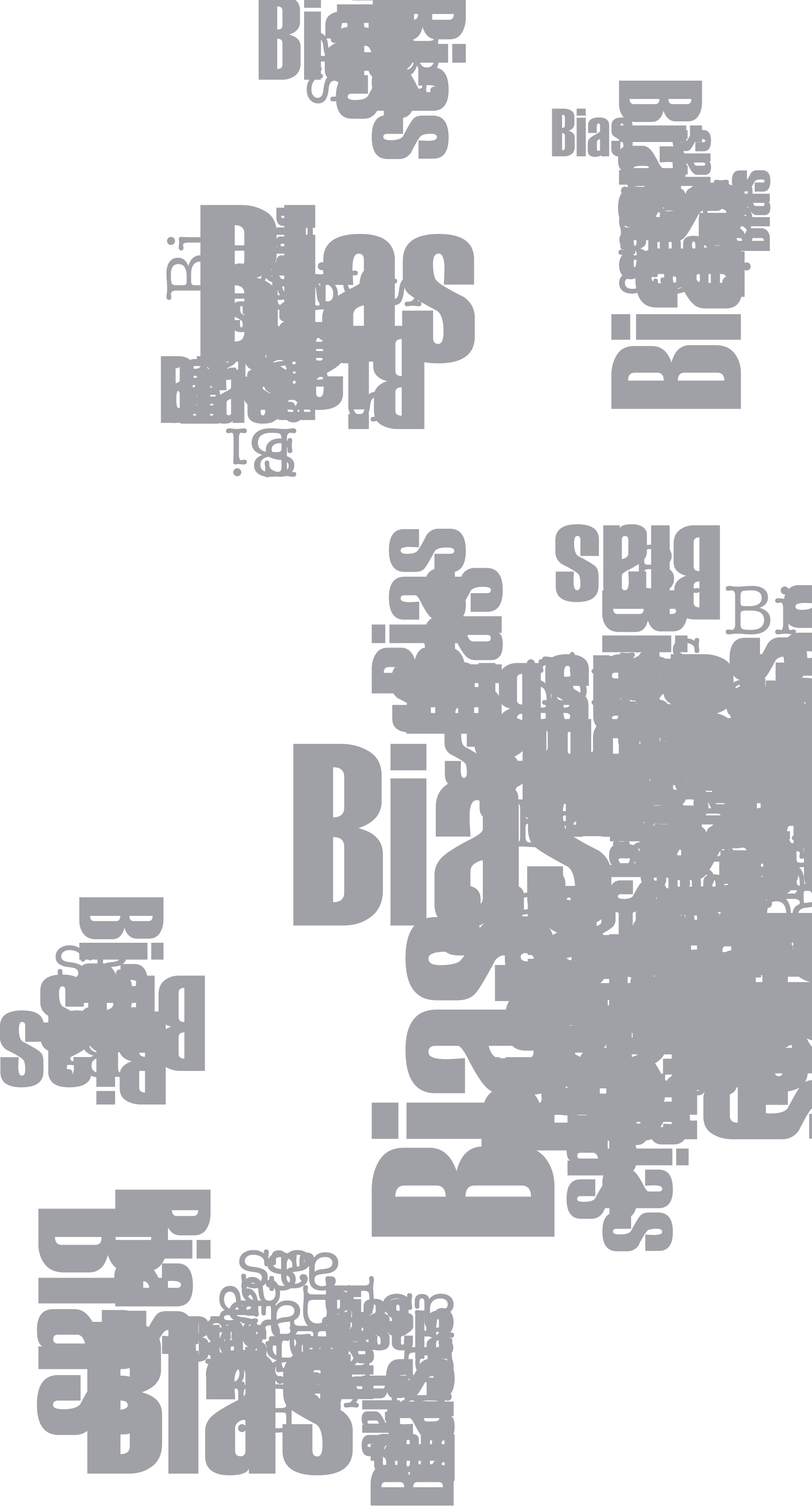
Bias is All Around Us.
Serious consequences aren’t just parts of systems and big structures. They land on each of us in deeply personal ways. You can find bias everywhere. Listen to a few real stories that we’ve collected.
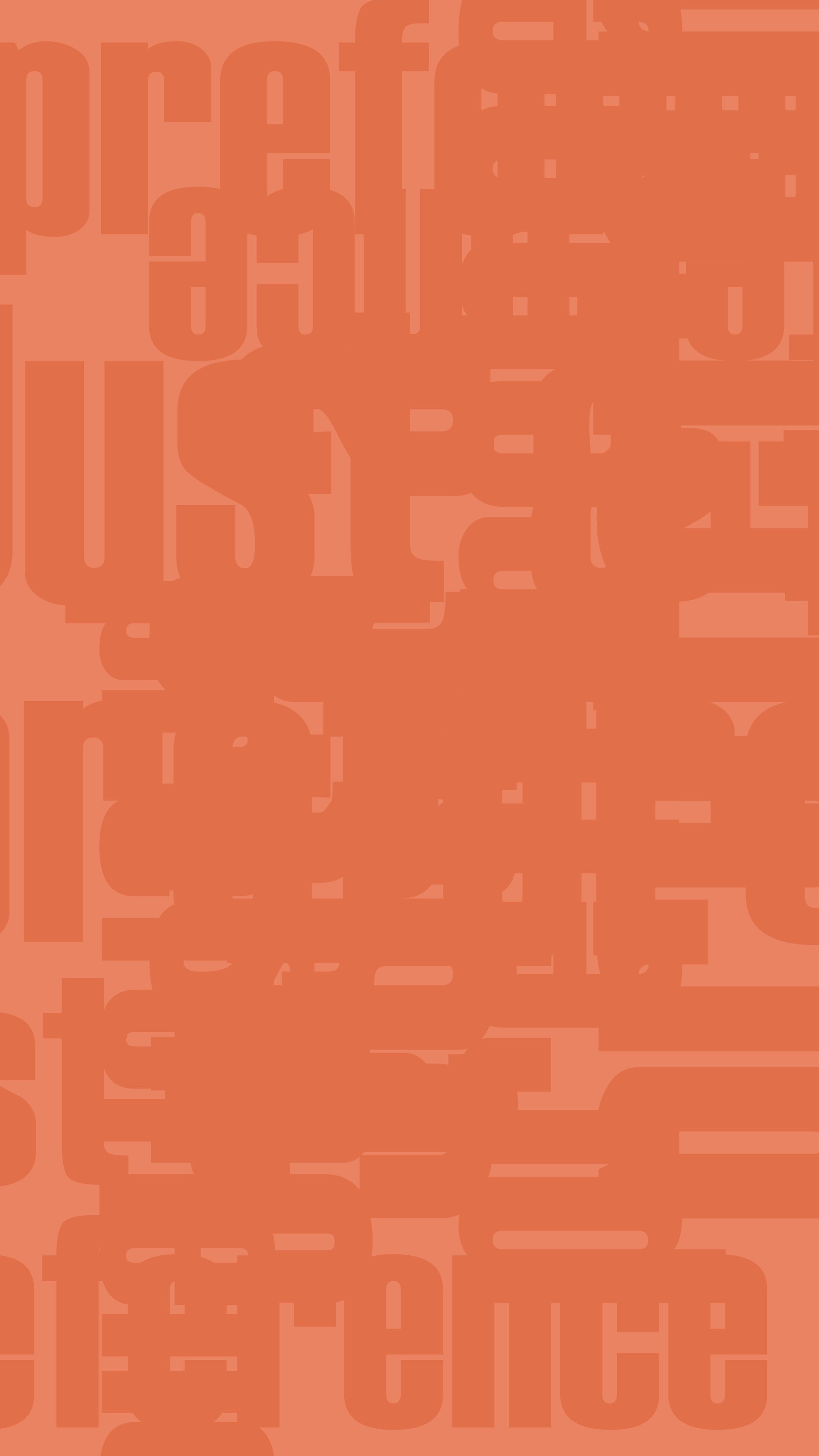
Life isn’t always fair.
But bias backed by power and privilege makes life fairer for some, more than for others.
Listen In
Power and Privilege
Power is being able to influence others and impose your beliefs—to make someone do something they wouldn’t otherwise do.
Power is about controlling or dominating relationships. We can gain social power from our education and wealth, but also from our gender or race. Often, we may be aware of our power and use it to our advantage.
Privilege may be harder to understand. Privilege is unearned social power that all members of a dominant group have.
If you can live your daily life without feeling uncomfortable, without feeling fearful or harmed, it is likely that you are a member of the dominant culture and that you have privilege.
Unlike power, privilege is usually invisible to those who have it—because we’re not taught to see it. But privilege can be very influential in shaping our outcomes and advantages, even if we’re not aware of it.
Systemic bias is prejudice or unfairness directed towards groups of people by institutions.
These institutions include government, education, healthcare, law and courts, religion, politics, banking, and media.
People or groups targeted by systemic bias often struggle with the stereotypes that clutter their paths to success.
In contrast, people in the dominant culture benefit from the support structures of these built-in systems.
An animation that shows circles which are roughly the same size roll on screen. A stair rises from the ground elevating and increasing the size of some of the circles. The stair disappears and a scale appears on screen. The scale is roughly at balance with the smaller circles on the left and the one big circle on the right. The big circle gets a boost and rolls on a high platform causing the smaller circles to roll off the scale.
Americans have long been trained to see the deficiencies of people rather than policy.
Director of the Center for Antiracist Research, Boston University
We have already seen a few examples of systemic biases.
For example, choices about products are choices from advertising, media, and consumer organizations.
But that’s just scratching the surface.
In the Doctor's Office
We’re used to doctors trying to build rapport—the so-called “bedside manner.” But people who are overweight do not receive as many kind words from their doctors. In fact, as many as 50% of doctors harbor negative attitudes about people who are fat.
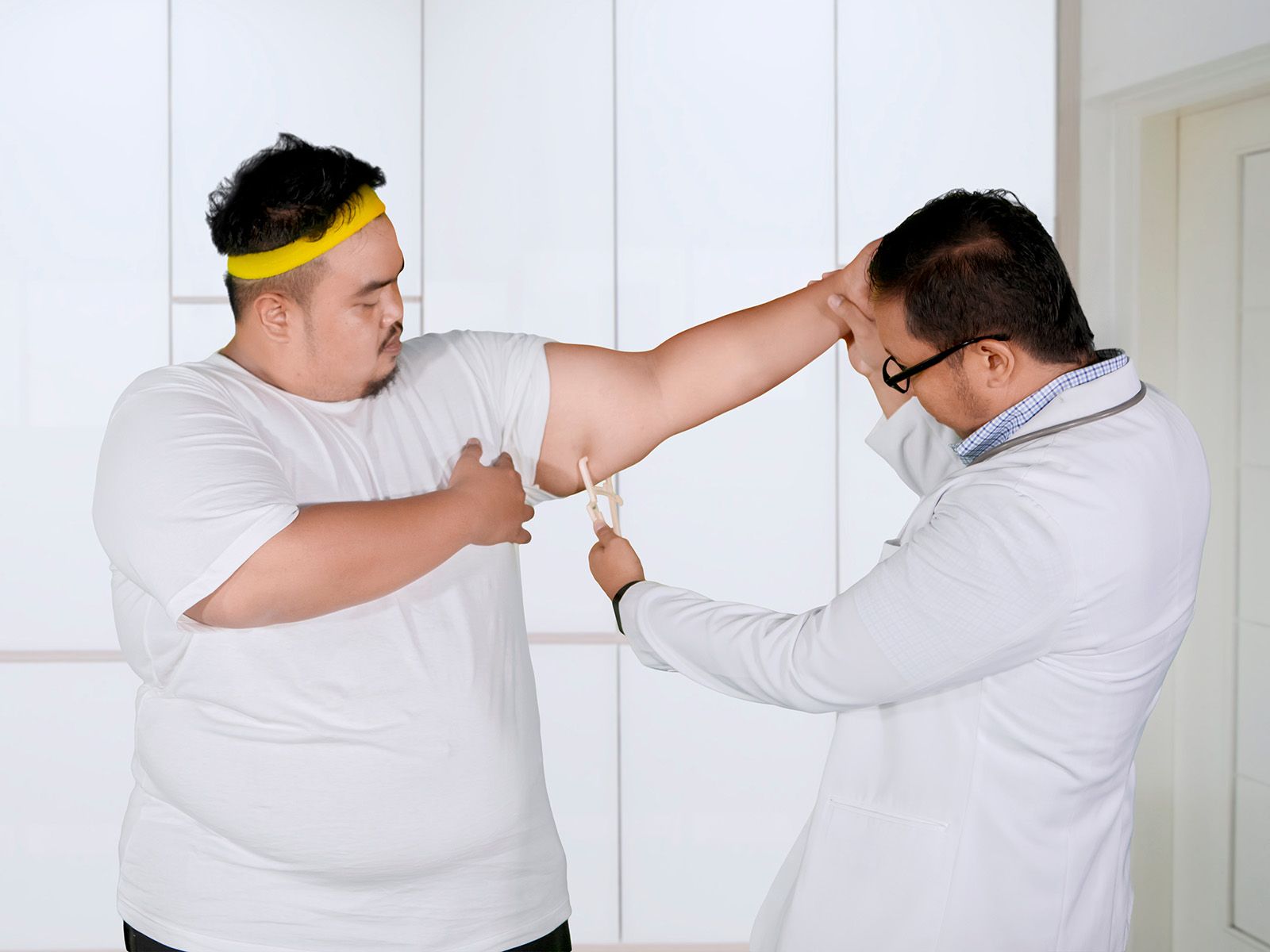
In the Bank
You want to get a loan for college, or maybe you’re buying your first car, or maybe you want to start a family. Your chance at a loan from a bank depends on your identity. According to one study, if you identify as female you are about 15% less likely to be approved for a loan than if you identify as male.
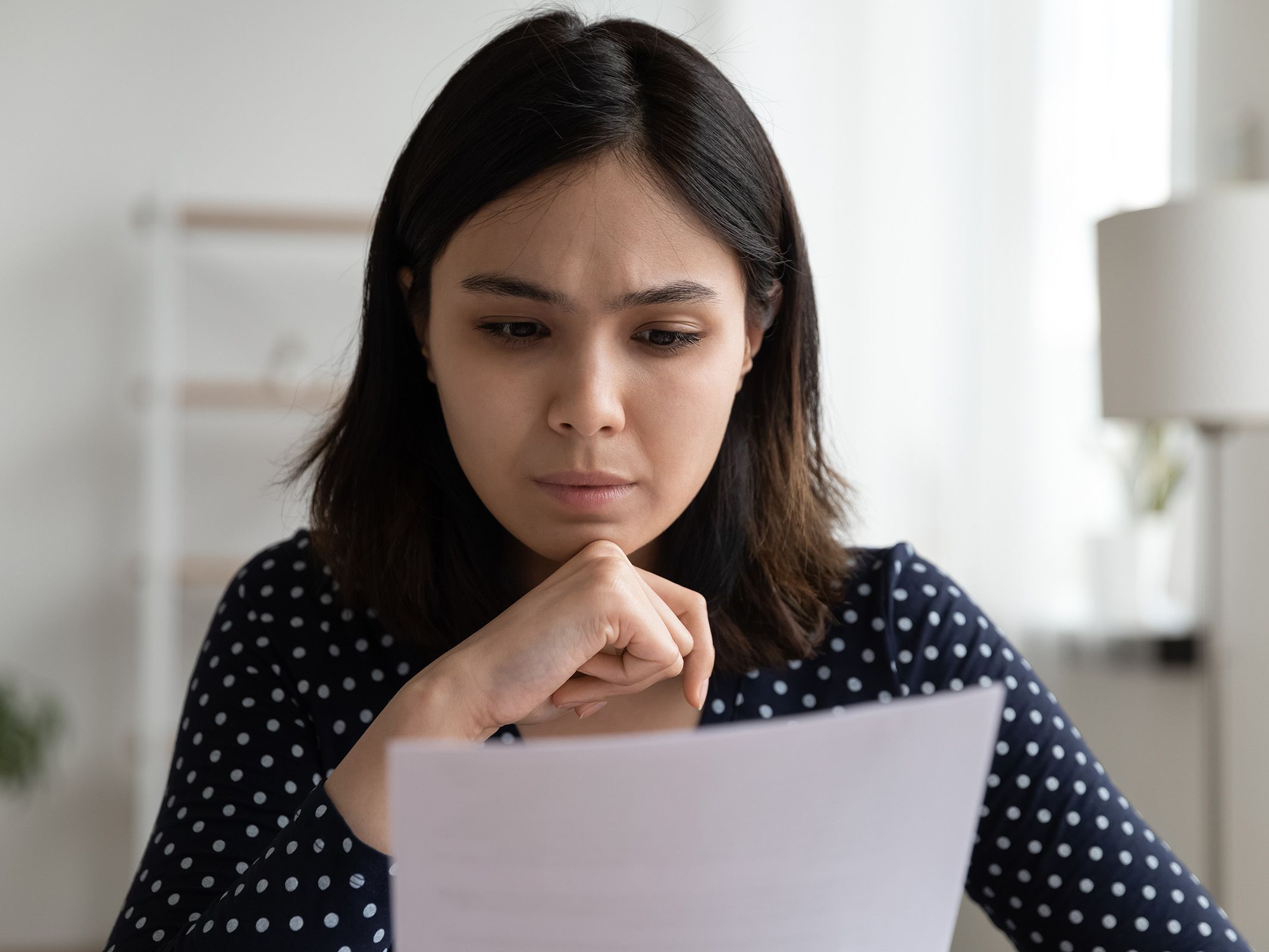
In the Election Booth
The right to vote is a constitutional right for all people. However, one report from the Williams Institute found that, for approximately 40-50% of transgender adults, concerns about having different genders listed on their voter IDs or experiencing harassment at the polls prevented them from voting in elections.
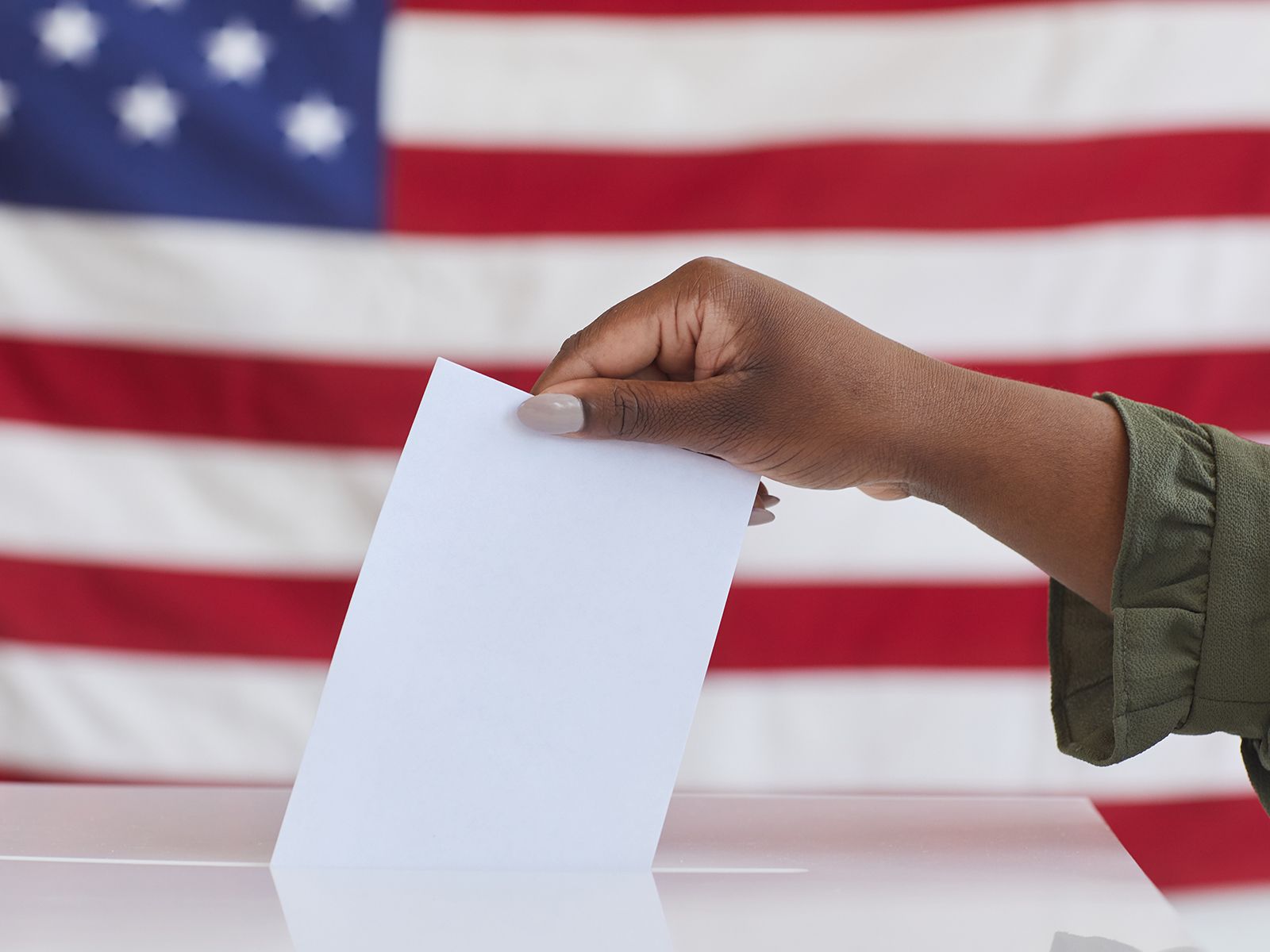
Unconscious Bias
There’s bias in the classroom too.
In the U.S., Black students are more likely to be disproportionately disciplined in school. They are more likely to be suspended and receive an in-school arrest than White students. Not only does this differential treatment affect their learning and belonging in the moment, it also has long-term consequences. Students who experience early discipline in school are more likely to have experiences with the prison systems later—reinforcing a “school-to-prison pipeline.”
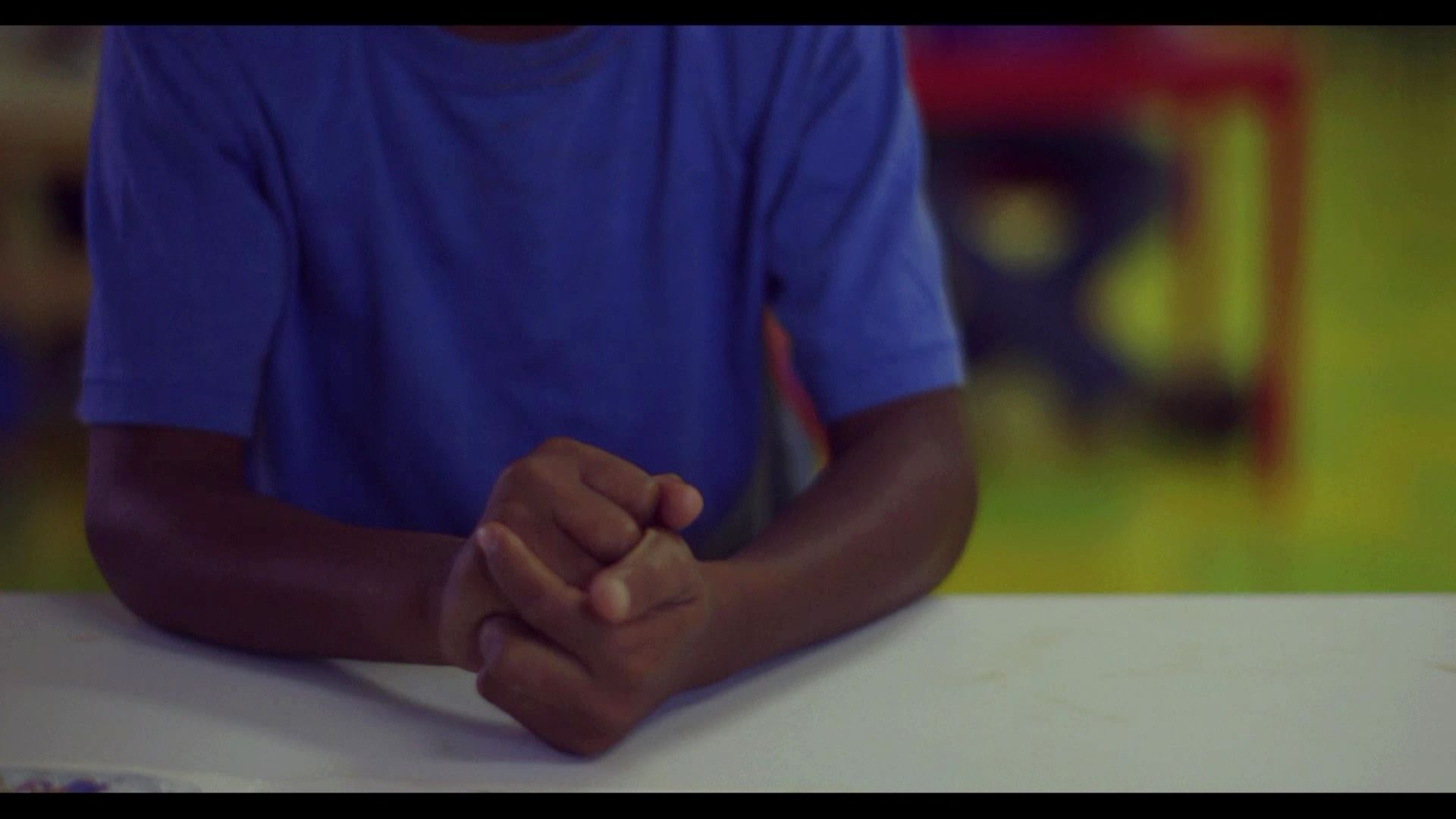
Next Section#Retrain Your Brain
Our world is structured in ways that reinforce and reflect systemic bias. But change is possible. Every big institutional structure was built and can therefore be rebuilt. It just takes work.
Explore